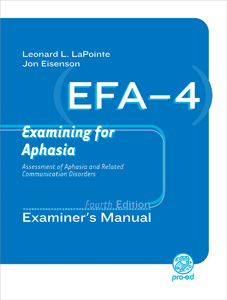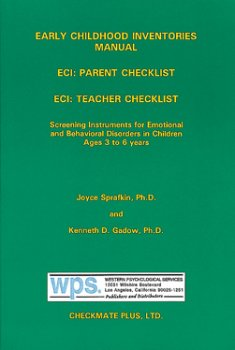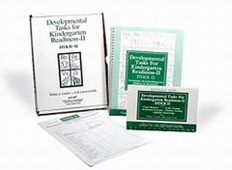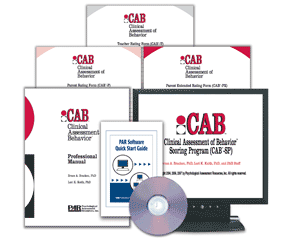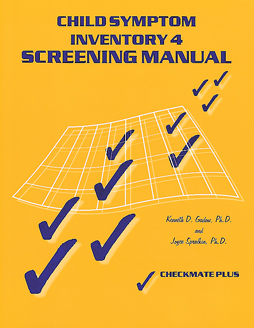Frequency-Tables-for-Scoring-Rorschach-Responses
. Frequency Tables for Scoring Rorschach Responsesby Marguerite R. Hertz, Ph.D. . . . . This extensive, revised, and enlarged fifth edition offers a thorough compilation of inkblot responses based on hundreds of studies. It includes code charts, normal and rare details, F+ and F- responses, popular responses, and original responses. This text presents standards […]



